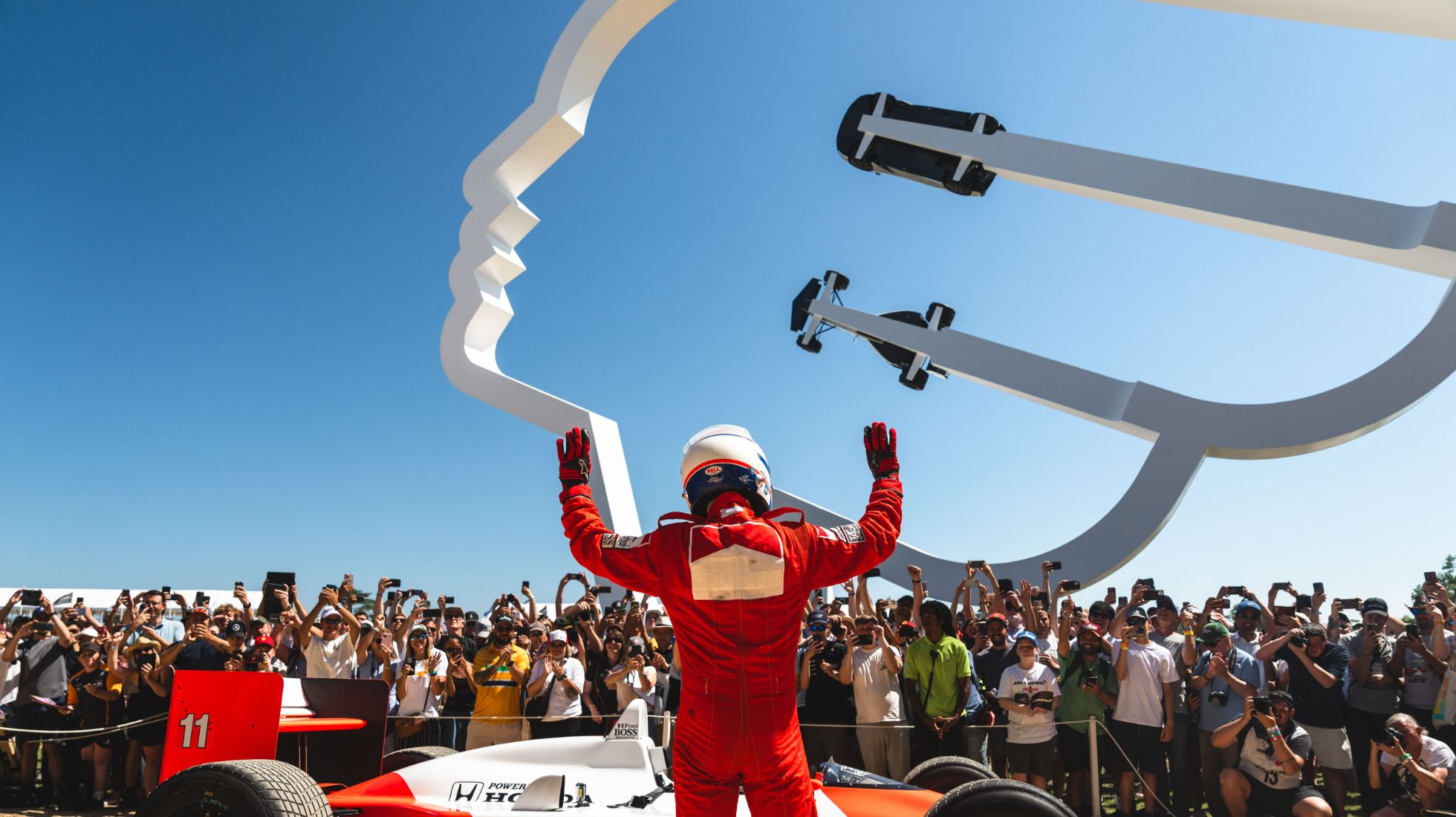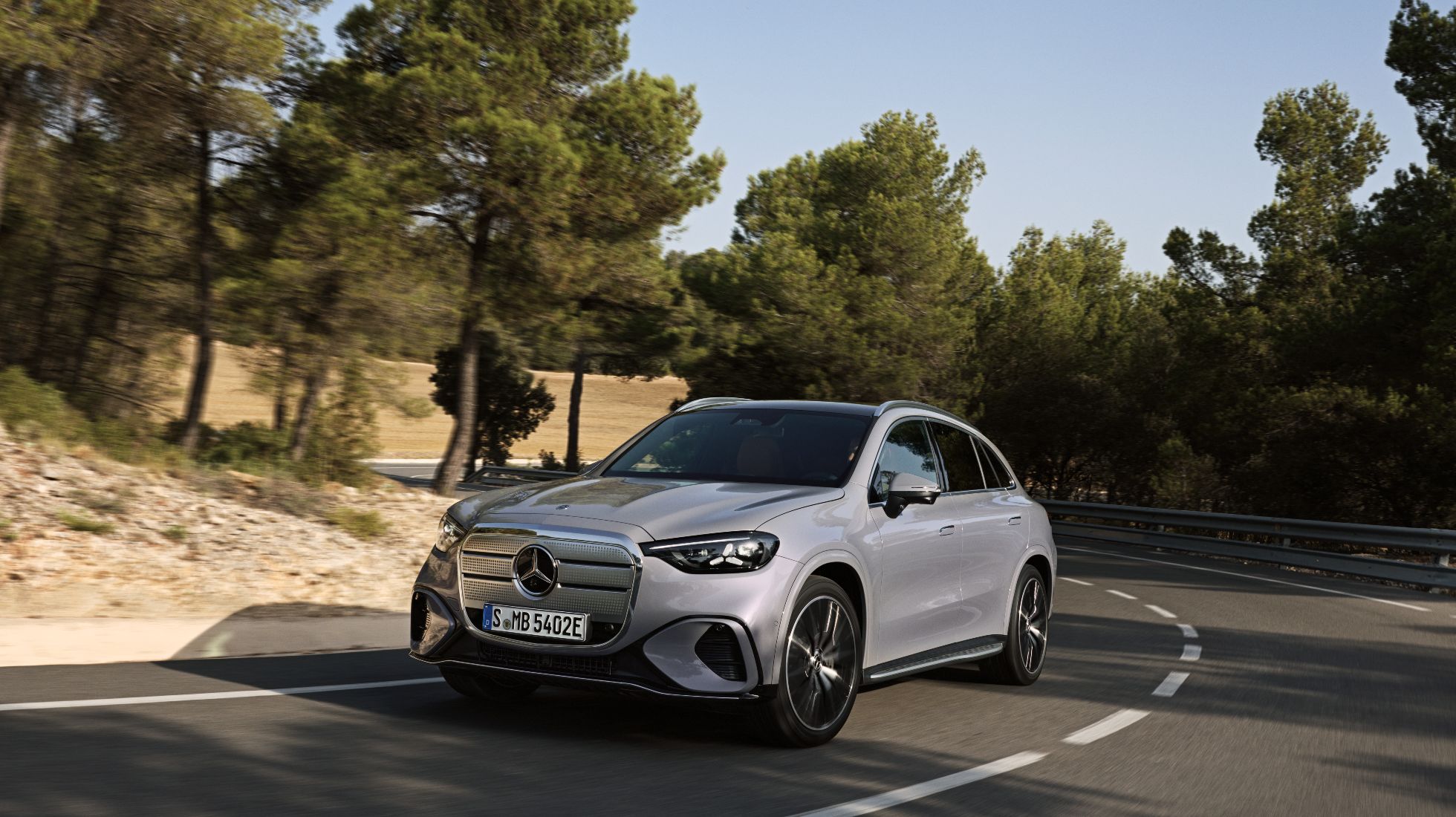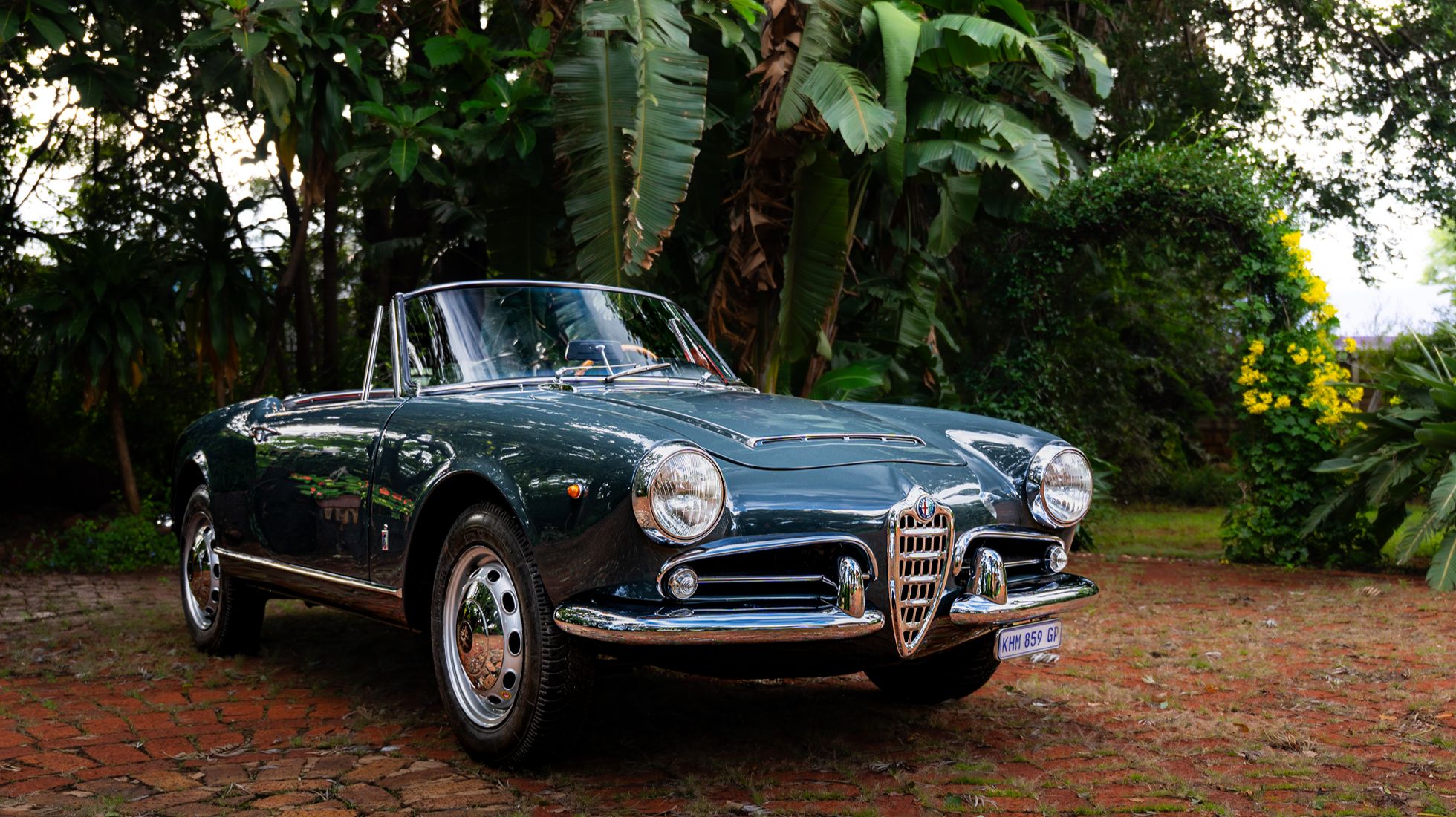

The Mitsubishi Triton has been around for a while now, and it's hardly the conversational topic when the bakkie debate inevitably arises. The Toyota Hilux and Ford Ranger are brilliant pick-ups, but the asking price for an acceptably-specced unit is nothing short of astronomical. Hence, the Mitsubishi Triton may be a viable option for those needing a reliable and capable alternative to the mainstream hype.
Our Bakkie Wars shootout saw the TGSA team put nearly all the locally-available double cab bakkies through the wringer to determine which ones are the top performers and which ones might need reconsidering. One contender stood out by being low-key and unbothered by any of the challenges we presented.
The Mitsubishi Triton was an underdog. It is a bakkie often overlooked by first-time buyers – a shame since it was one of the more competent contenders in the arena.
The interior of the Triton is adequate but not particularly striking. It has a 7" infotainment screen that hosts the usual functions like radio and Bluetooth, yet it's showing its age. The screen, though, was one of many outdated aspects of the interior, as the drive selector and climate control panel also felt considerably old. Nevertheless, these will surely see a welcome update in the new model.
While I'm not usually fond of generous hard plastic usage, in a bakkie like the Triton, it's nice to have that hardwearing factor knowing that if your cooler box slides around, the damage will be mitigated to an extent.
The space inside the cabin is acceptable. There is decent legroom in the back for a double cab, and the front seats are spacious and comfortable.
When first driving the Triton, you'll notice its powerful motor that resembles that of a diesel torque powerhouse. While the 2.4-litre turbodiesel is a bit of a brute, it gets the job done with 133 kW and 430 Nm of torque, which is helpful on and off-road.
The engine is mated to a 6-speed automatic gearbox which, while slightly sluggish, does what it's supposed to. The Heritage model we had on test comes with 4x4 and the usual low-range gearing option. Complementing the standard 2-High (4x2) setting, the 4-High and 4-Low options allow the Triton to comfortably tackle any terrain within reason. Throttle responses when calling upon the services of 4-Low are a bit binary, but it doesn't detract from the overall tractability of this system, especially over loose rocks.
Traversing these bakkie-breakers is a definite strength in the Triton's arsenal.
It shuffled through every obstacle we threw at it, from steep descents where the hill-descent control feature worked a treat to the overall dimensions in terms of approach and departure angles to ground clearance – it didn't once break a sweat.
One of the most significant selling points of this bakkie is its price. The upper-rung Triton 4x4 Heritage is priced at R749,990 and comes with various aesthetic add-ons like blacked-out trims, black tonneau covers, black roll bars, integrated towbar and 'Heritage' badges. However, if you don't care much for superfluous badging, the standard derivative with 4x4 and an automatic gearbox will set you back R709,990.
This places the Triton at a price point slightly more expensive than the Peugeot Landtrek 4x4 at R689,900 and GWM P-series LTD 4x4 at R694,950. I found the Triton's characteristics and capabilities closely aligned with the Isuzu D-max V-Cross 4x4 (R857,700) and the Nissan Navara PRO-4X at R812,900. From a tech point of view, the Triton doesn't compete with these two more expensive and newer bakkies, but you wouldn't feel left out on the off-road trail with the Triton's inherent capability.
The Triton also comes with a 3-year/100,000 km warranty, a 5-year/90,000 km service plan and 5-year/unlimited mileage roadside assistance.
I found the Triton to be impressive in terms of its capability, comfort, and price. Also, its shaped front end and streamlined body give it an imposing appearance.
In my opinion, the quality of this pick-up is comparable to that of a Nissan Navara or Toyota Hilux, but with a more affordable price tag. It's a double cab I recommend for those who enjoy outdoor activities or need to transport family or equipment.





Enter your email address to receive regular Top Gear SA newsletters




.jpg)
.jpg)

